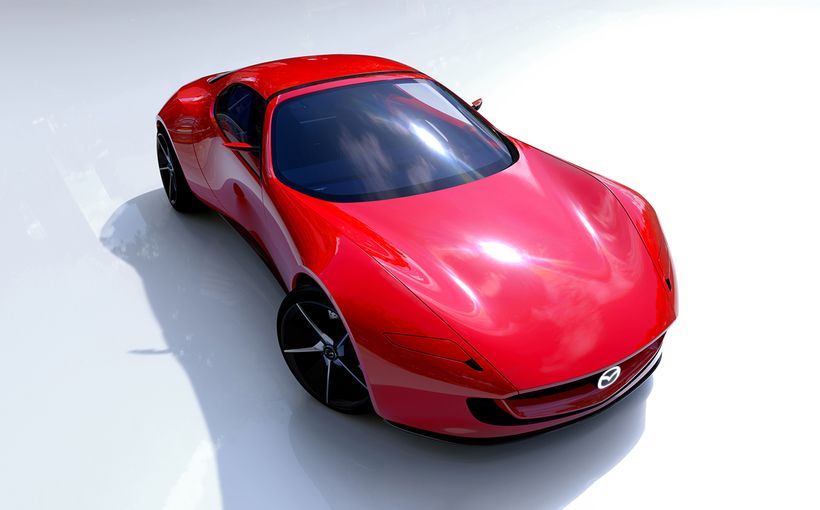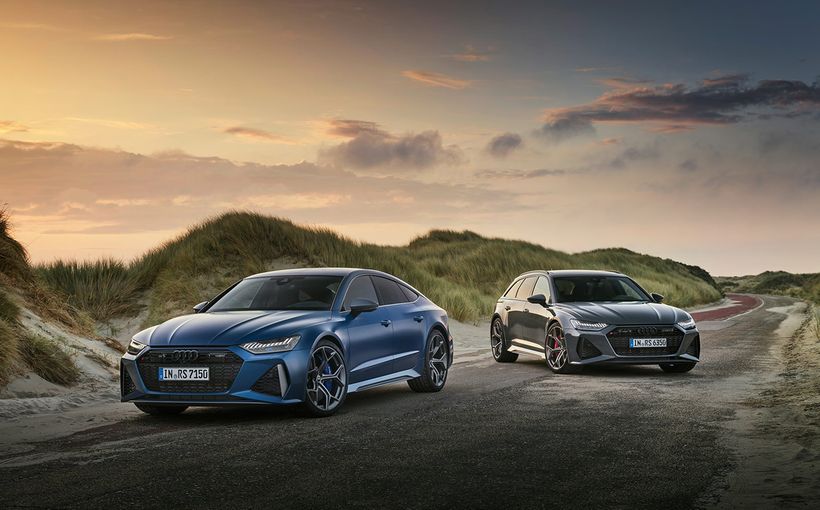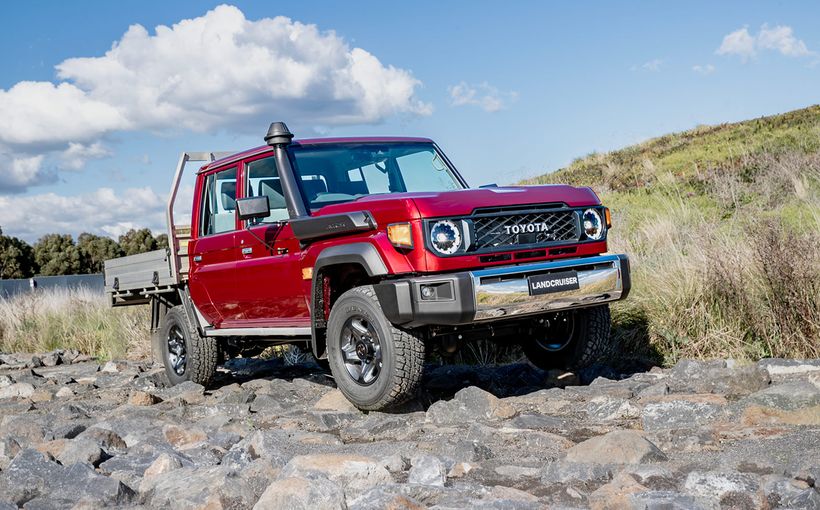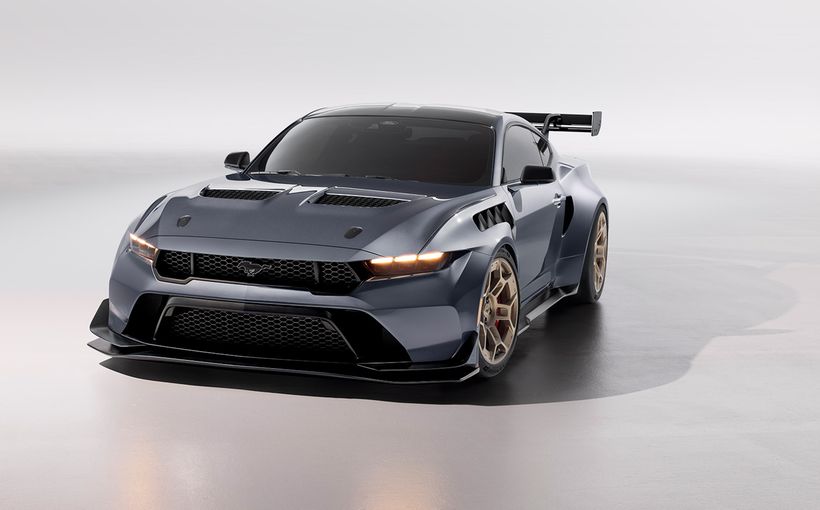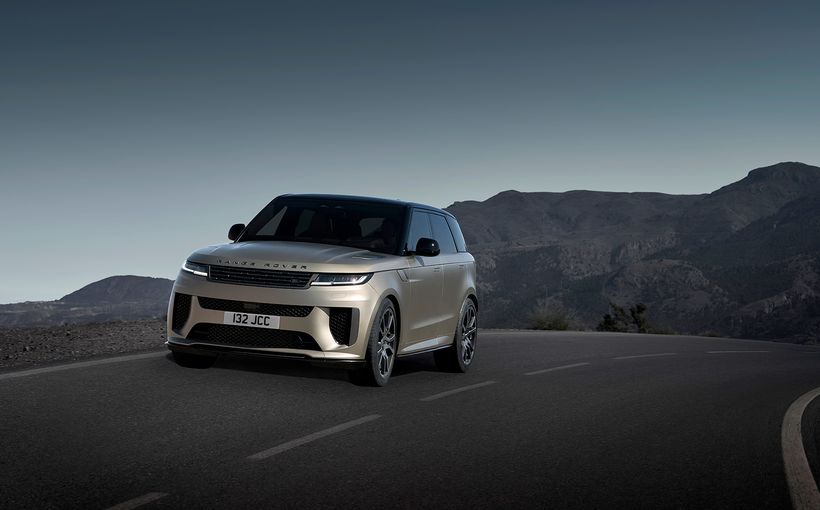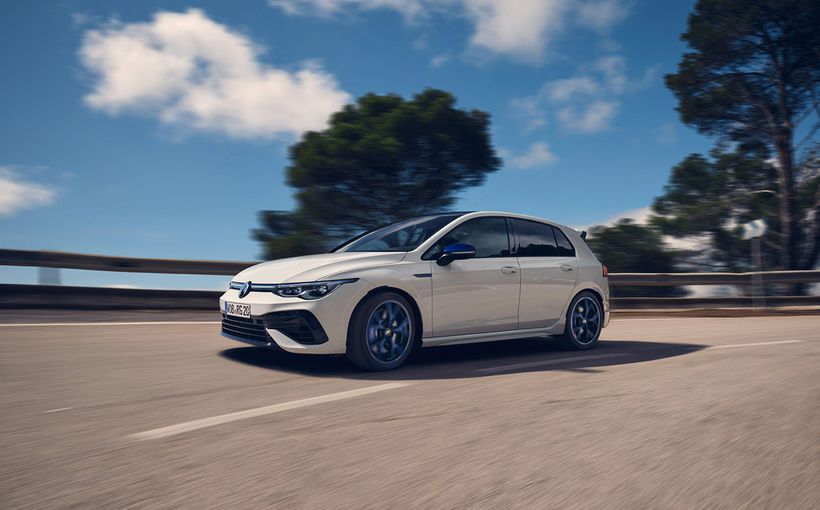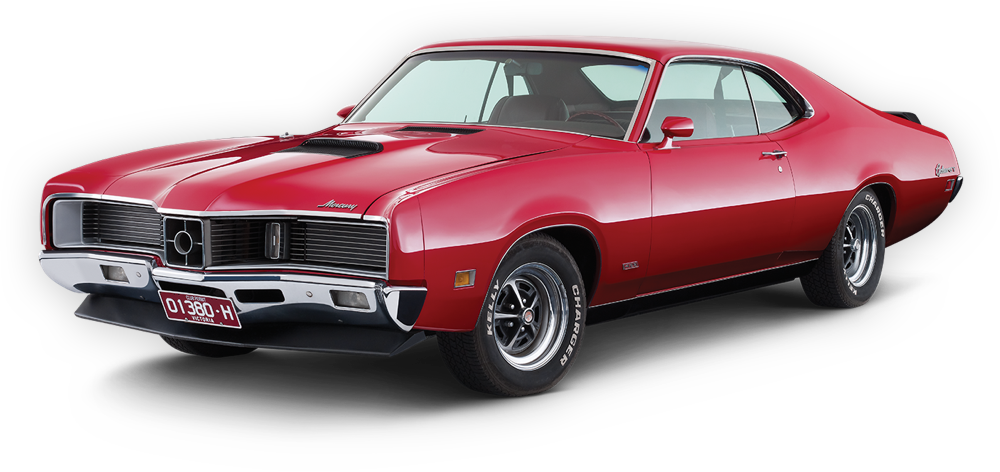Jaguar XF Sportbrake: Is the tail wagon the cat?
JAGUAR and wagons… like peaches and beer; they hardly go together, do they? Well, not in Australia, anyway.
Over in the UK, the company previously owned by the Ford Motor Company actually offered wagon versions of two of its modern sedans, the now largely forgotten X-Type sports sedan of the 2000s (based on the contemporary Mondeo) and the car that signalled the beginning of modern-era Jaguar, the original and still very striking X250-series XF. The latter, released only in 2012 as part of the previous-gen model’s midcycle facelift, proved pretty popular in estate-loving Europe.

Today, the marque that started off as the Sidecar Swallow Company is in the safe bosom of India’s Tata conglomerate (and has been so for nearly a decade), meaning that there are both the vision and the resources to expand the brand’s horizons way beyond the pipes ‘n slippers image of your grandad’s Jag.
While we’re still getting used to the ever-burgeoning SUV line-up – first F-Pace, now E-Pace and soon the I-Pace electric crossover – the idea of the XF Sportbrake is no longer that much of a stretch. Indeed, due in Australia at the end of this year, it might even end up being the best of the breed. Let’s see…

Unveiled in mid-June in the UK, the Sportbrake is a play on old English term for sporty estate, shooting brake, with the implication of course being that this is a dynamic performer. Fair enough too, for a car with The Leaper pouncing off the bonnet.
We’ll see three versions come this December, offering a trio of powertrain options in much the same way at the X260 XF four-door sedan that it is based on does. There will be the popular
R-Sport, roaring S, and curiously titled ‘First Edition’ cars, offered in diesel or petrol guises. The rear wheels will be powered by what is regarded as one of the best self-shifting gearboxes in the world today, ZF’s eight-speed torque-converter auto.

Kicking things off under the bonnet will be a 132kW/430Nm 2.0-litre four-cylinder turbo-diesel, capable of hitting 100km/h from zero in 8.8 seconds, or averaging 4.8 litres per 100km if you’re not mashing the pedal to the metal.
If petrol is more your thing, right now the sole choice is Jaguar’s all-new 184kW/365Nm 2.0-litre Ingenium four-pot turbo, as seen in the related Range Rover Velar. This one’s a bit quicker to 100 clicks at 7.1s, but thirstier too as a result, returning 6.8L/100km.

Still not satisfied? For the time being, it will have to be diesel again, and in the form of a 221kW/700Nm 3.0-litre twin-turbo V6 at that. 700Nm of torque! That’s a mighty wad of pull, pushing the sexy estate to 100km/h in a commendable 6.6s while using around 5.9L/100km of the oily stuff. In the UK the previous (X250) XF Sportbrake actually won awards for towing capability; this one is rated at 2000kg.
That, right there, is another excellent reason not to buy that big hulking SUV when something as sleek and sexy as a Jaguar can get the job done just as well. There’s even an electrically operated towbar (on UK models) that swings out of the way.

Speaking of style, the Sportbrake is arguably the better looking of the XF siblings. It measures in at only 1mm longer than the sedan at 4955mm, though the wagon is 39mm taller at 1496mm, helping to boost cargo capacity by 60 litres to 565L with the rear seats erect. Dropping them expands that to a handy 1700L, while the backrest has the usual split/fold 40:20:40 functionality. Both share the same 2960mm wheelbases.
Still on the subject of hauling stuff about, there’s a gesture-controlled, power-operated tailgate that can be programmed to only open to a certain height for shorter-statured people, while the roof rails can handle up to 100kg.

All Sportbrake models will include self-levelling air suspension in the rear, while the front axle mirrors that of the sedan with a double wishbone set-up, so we’re expecting a very similar level of dynamic athleticism in the load-carrying version. Aiding the latter is a near 50:50 weight distribution rating, while digging into the options list will net keener drivers a Configurable Dynamics system, which alters responses for the throttle, steering and transmission. This also boasts adaptive dampers, for added comfort as well as improved handling prowess.

If you still want your Jaguar to be a cosseting experience then consider that the XF Sportbrake offers an 8.0-inch central touchscreen with satellite navigation and four-zone climate control.
Options include a 12.3-inch instrument cluster, 10-inch infotainment unit, 20-way electronically adjustable front seats, soft-close doors, a panoramic sunroof and a novel gesture-controlled sunblind.

Jaguar’s All Surface Progress Control (ASPC) enables semi-autonomous driving up to 30km/h in low-grip conditions, while the Adaptive Surface Response (AdSR) system automatically adjusts the chassis settings when the wheels go on to a different surface. Clever.
So there is a lot to look forward to when Australians finally see their first-ever Jaguar wagon on local soil. The question is, would you consider getting out of a BMW 5 Series, Mercedes-Benz E-Class or Audi A6 to experience one?
Protect your Jaguar. Call Shannons Insurance on 13 46 46 to get a quote today



